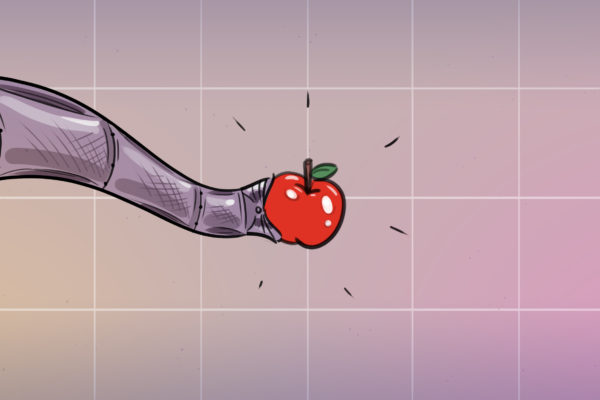
Universal Soft Robotic Harvester for Autonomous Intercropping System (WUR – PD)
The project is within Agricultural Green Development (AGD) aimed to design and develop an autonomous robotic harvester for intercropping.
Intercropping is one of the traditional crop cultivation agricultural techniques with the characteristics of green, intensive and precision farming. Intercropping in China has a long history, rich in variety, rich in content and diverse forms. It has always been considered as one of the important means to make full use of natural resources, resist natural disasters, achieve stable yield and increase economic benefits. But with the rising cost of labour force, the demand for mechanization techniques in intercropping system is becoming more and more urgent for reducing production costs to enhance agricultural production competition ability.
A selective harvesting robot in an intercropping field needs to be versatile in order to deal with the vast variety of appearance, geometrical and mechanical properties of plants and their produce. This requires the development of adaptive grasping and harvesting tools. Moreover, the safety in the physical interaction of robotic tools with the crops is another challenge. Robots with rigid bodies are not safe in the interaction with the surrounding environment. Rigid bodied grippers have a high risk of damaging delicate crops and produce, such as, bell pepper, strawberry and tomato. Soft robotics is an emerging field aiming to fabricate soft robots for close machine–human interactions. The soft nature allows the robots to adapt to their surroundings, to perform different and even autonomous tasks In this context, soft robotics is a suitable alternative approach for rigids robotic approach by providing us soft actuators, sensors, tools and structures. Particularly, the stiffness variability enables robots to have a single versatile robotic system to deal with the safety issue in robotic harvesting. Above of all, soft robots intrinsically have high adaptability feature highly required in grasping of crops with various shapes, size and mechanical properties. Furthermore, soft robotic approach helps to reduce the complexity of the system by simplifying the control (through the morphological control concept) and integrating sensory and actuation elements which finally causes reduction in number of elements, weight and cost of the system.
This is a PhD project in collaboration with Farm Technology Group and Farming System Ecology of Wageningen University & Research together with College of Engineering, China Agricultural University and led by:
Prof. Dr. ir. Eldert Van Henten
Dr.ir. GW Kootstra
Dr.ir. DF van Apeldoorn
Dr.ir. Ali Leylavi Shoushtari




